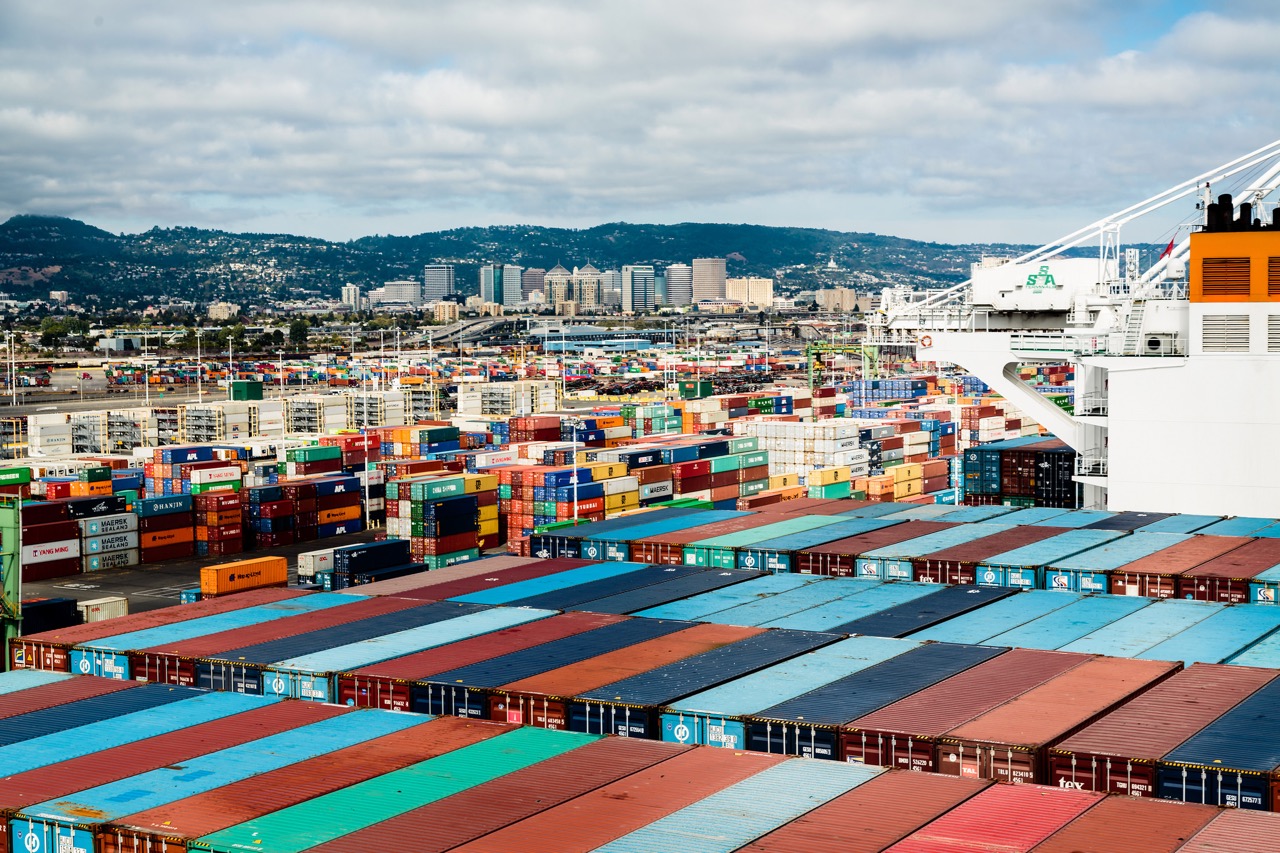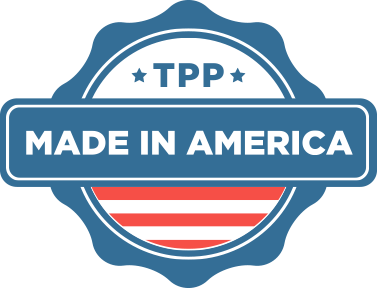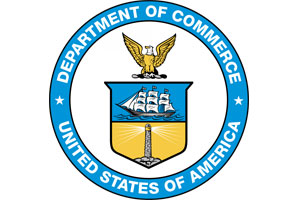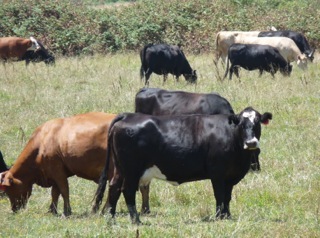Tarriffs
Agriculture Struggles Unnecessarily, According to Steve Forbes
Forbes Chairman Has Suggestions to Help
By Jessica Theisman, Associate Editor
Water and labor are major agricultural issues in California. California Ag Today recently spoke with Steve Forbes, chairman and editor in chief of Forbes Media, about the topics.
“I think that the more people are realizing the enormous opportunities of technology in agriculture. They think that it is going to get better and better in the future,” Forbes said.“Everything from reservoirs to desalination plants should be modeled after Israel. They have been building desalination plants because Israel is in a desert where they have been getting rainfall.”
“This is a very sophisticated use of water in agriculture where they are a real global power,” Forbes said.
Today, Israel uses 10 percent less water as a whole, not per capita, than they did 70 years ago despite the economy being 60 times larger.
Forbes thinks labor is also an issue.
“We are hurting ourselves, our food production, not just in agriculture but construction as well,” he said.
Forbes said we should recycle the programs that we once had, programs where returning people come in for specific time periods for specific jobs. This would help prevent the illegal immigrant problem because workers know they can come back.
On another note, he discussed the current trade war that the U.S. is in with China.
“If you hear 10 percent tariff on aluminum, that’s a 10 percent sales tax; put it that way and people’s eyes go up and they get it right away,” Forbes said.
Putting sales taxes on American consumers, agriculture, farmers, and businesses is not the best way to resolve very real trade abuses.
“Everyone knows from the disaster and the depression of the 1930s what trade wars can lead to,” Forbes said.
Forbes also explained that GMOs greatly benefit producers and should not be attacked as harmful to consumers.
“GMOs have been studied fairly well, and they are making food more plentiful. It makes food a safer in terms that you don’t have to use as many pesticides,” he said. “GMOs make a better use of water, and there is a lot less loss to diseases and insects. We are using human ingenuity to make the human condition better.”













 Kent Bacus, director, International Trade and Market Access for
Kent Bacus, director, International Trade and Market Access for 










